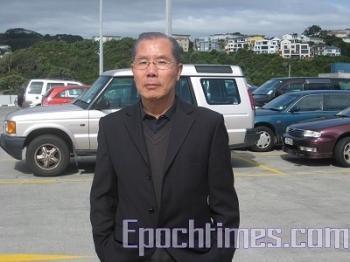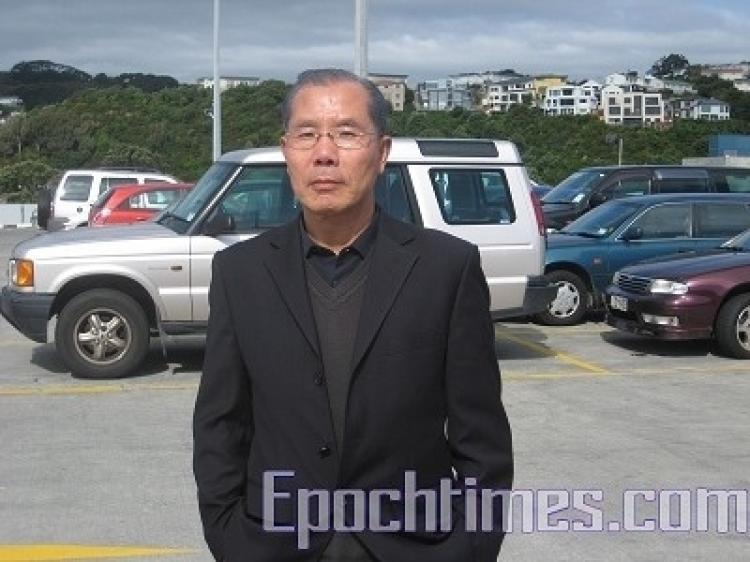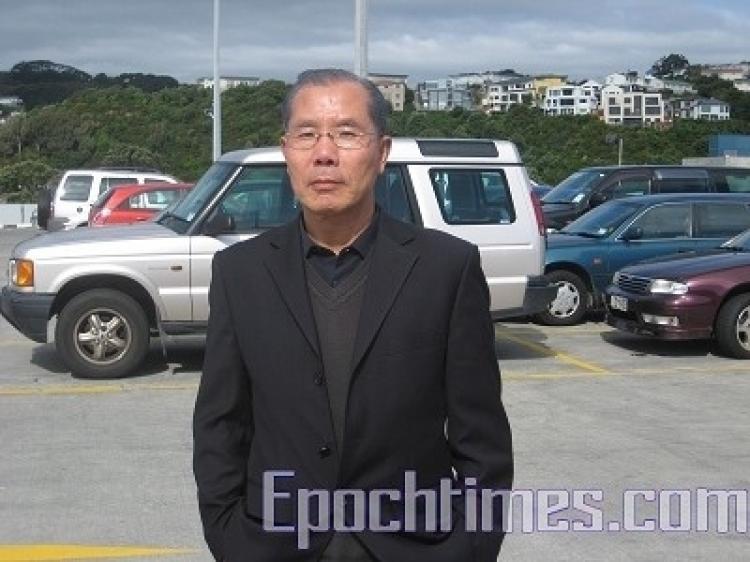Former Chinese Defector Sentenced to Eight Years Prison in China
Jia Jia, a high-level Chinese defector who later returned to China, has been sentenced to eight years prison.

Jia Jia was arrested at Beijing Capital International Airport on Oct. 22, 2009. The photo was taken before he boarded the airplane in New Zealand. The Epoch Times
|Updated:






